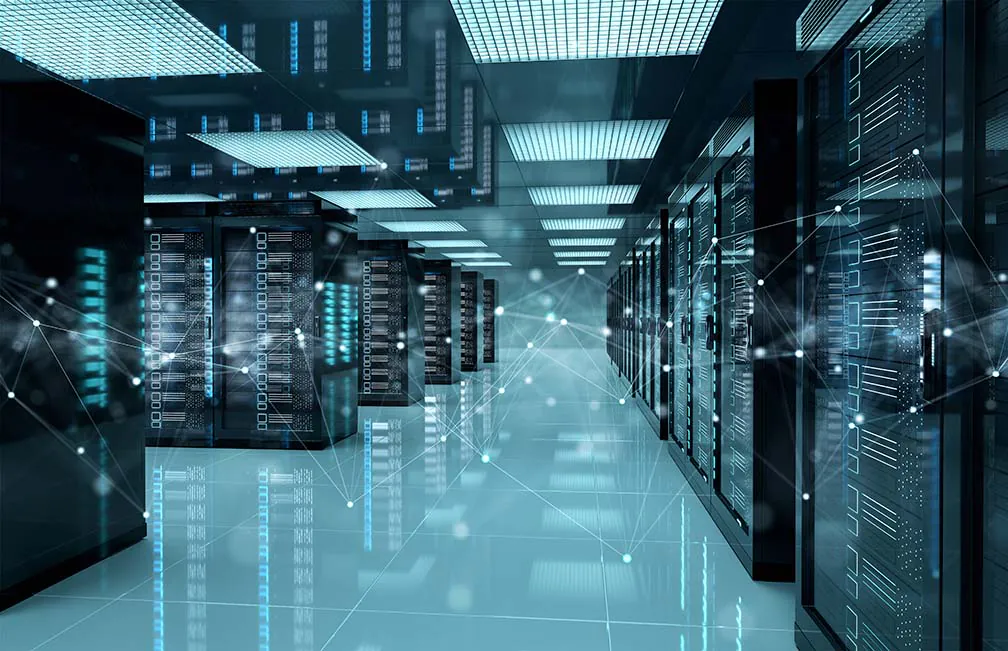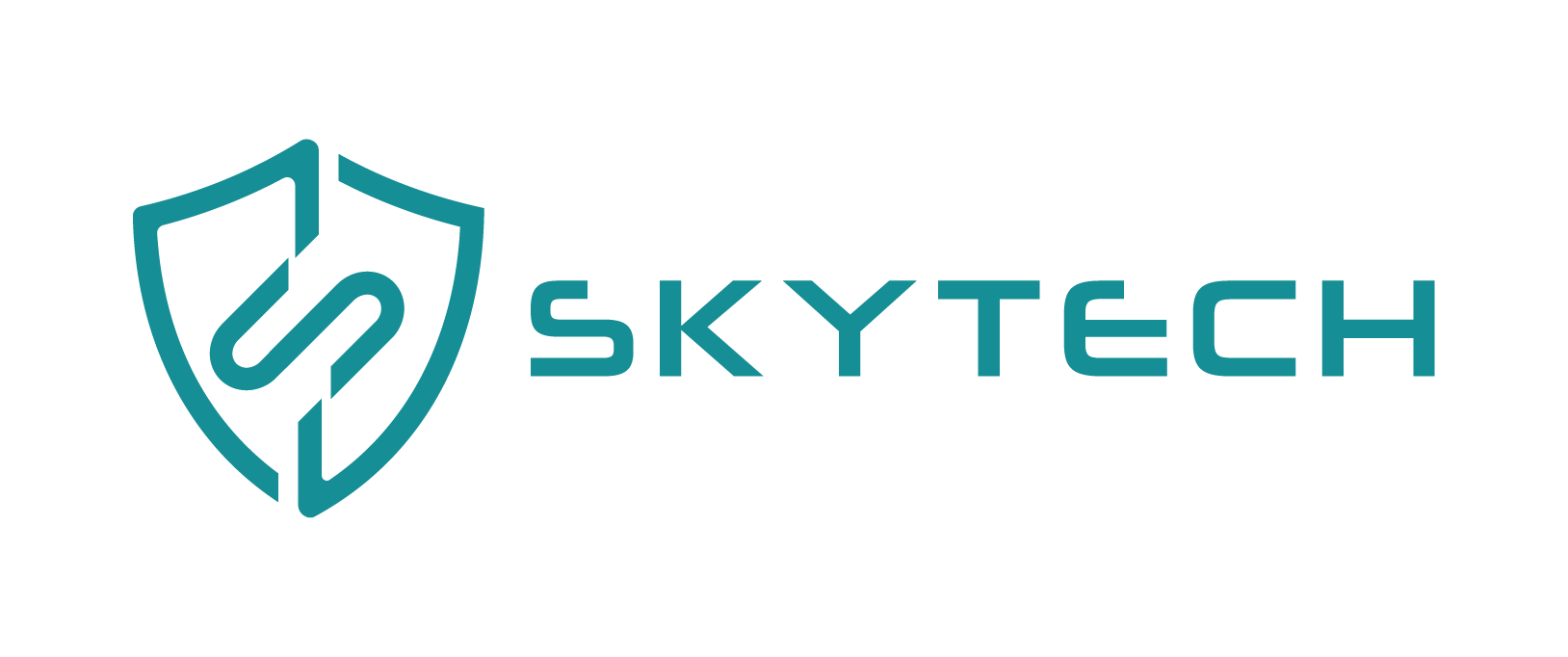
The Significance of Multi-Factor Authentication
Modern digital environments display cyber risks, which prove smarter and more aggressive than before. Organizations, together with personal users, must constantly protect themselves from data breaches, identity theft, and unauthorized access. The continuous technological progress allows cybercriminals to discover new ways to take advantage of database vulnerabilities. Traditional use of username-password pairs cannot safeguard essential business information and sensitive data anymore. This is where Multi-Factor Authentication (MFA) functions as a core requirement to bolster security systems. In today’s blog, we will take a look at the significance of MFA and how Sky Tech Cyber Cloud can assist you in protecting your information against cyberthreats.
MFA systems require users to submit multiple authentication elements when they attempt to access protected accounts or systems. The implementation of multiple verification elements decreases both the chances of cyberattacks and access intrusion opportunities. The implementation of MFA as a robust security solution can be achieved through a trusted provider for IT services in Dubai.
What is Multi-Factor Authentication?
The security protocol Multi-Factor Authentication (MFA) makes users verify their identity through several authentication methods to gain access. MFA authorization depends on three main factor types.
- Multi-factor authentication requires users to provide knowledge-based authentication elements such as passwords, PIN codes, and security questions.
- The authentication factor can also be a physical object, including a smartphone, security token, or smart card.
- Biometric verification, through fingerprints, facial identification, and retina scanning, represents this authentication factor.
Security through MFA depends on multiple identity authentication means, making it difficult for cyber attackers to break into systems even if they manage to compromise one of these authentication methods.
The Business Need for MFA as an Essential Protection Protocols
- Protection Against Cyber Threats
MFA stands as an essential defense mechanism because cyberattacks, including phishing, brute force attacks, and credential stuffing incidents, have become more frequent. User account password exposure on its own does not provide hackers sufficient access because they must also obtain additional authentication factors.
- Regulatory Compliance
MFA becomes necessary because different regulatory bodies, together with several industries, require its implementation for security compliance and data protection reasons. Businesses that implement MFA protect themselves from security requirements by regulatory bodies while avoiding possible penalties.
- Secure Remote Access
Organizations need to establish protected network access for their business systems because remote work and cloud-based services require it. MFA prevents unapproved users from entering company resources thus protecting the organization against data breaches.
- Preventing Identity Theft
The implementation of MFA creates obstacles for unapproved personnel attempting to gain access to business and personal accounts. MFA becomes vital because it protects sensitive information within finance, healthcare, and e-commerce sectors.
- Boosting Customer Trust
Customers are highly concerned about security measures when making online transactions involving personal information. Brand reputation improves, along with customer loyalty, through MFA implementation that shows data protection to clients.
- Reducing Password Fatigue
The requirement to remember many complicated passwords causes employee password-related security failures, forcing them to resort to insecure practices, including password repetition. MFA lets organizations use passwordless authentication or single sign-on (SSO) systems to simplify user logins through secure methods.
- Preventing Insider Threats
A security threat can come from inside the organization as opposed to outside sources. Management systems face significant risks when insider personnel, either by mistake or with malicious intent, disclose vital business information. MFA establishes additional protection against internal unauthorized access through its verification process.
Implementing Multi-Factor Authentication Effectively
The effective use of MFA requires businesses to implement this security measure properly. Here are some best practices:
- Choose the Right Authentication Factors
Every MFA approach does not deliver identical protection capabilities. SMS-based authentication remains unprotected against SIM-swapping attacks because of its existing security vulnerabilities. Companies should use application-based authentication solutions such as Google Authenticator or Microsoft Authenticator, and hardware security keys when choosing authentication strategies because they provide better protection.
- Ensure User Convenience
The protection of systems stands first, while maintaining a positive user experience remains important. A complicated authentication process can frustrate users and impact productivity. Businesses should strike a balance between security and convenience.
- Regularly Update Security Policies
New trends in cybersecurity require MFA guidelines to adopt corresponding improvements. Organizations that update their security protocols regularly while training their employees and pursuing knowledge about new authentication solutions will achieve effective protection.
- Implement Adaptive Authentication
The security system of adaptive authentication runs risk assessments to establish when further authentication methods must be initiated. A system will ask users to verify their identity by additional means when they log in while outside their regular device or location. The smart system improves safety measures in a way that avoids user inconvenience.
- Educate Employees and Users
Multiple Factor Authentication’s success depends on proper understanding by users and employees about its significance and appropriate application. Regular security awareness programs enable employees to detect both phishing attacks and other threats that aim to compromise authentication methods.
- The MFA system should connect to existing security architecture.
MFA systems operate at peak security levels when they unify with endpoint protection, zero-trust security models, and firewalls. The implementation of MFA requires collaboration with IT security experts to perform correct system configuration as well as integration with current operational systems.
- Partner with a Reliable IT Services Provider
Organizing and keeping an MFA system running efficiently needs highly skilled expertise. Businesses that work with reliable provider for IT services in Dubai benefit from MFA solutions which align with their specific requirements and preserve compliance standards along with security protocols.
Why Choose Sky Tech Cyber Cloud?
Sky Tech Cyber Cloud operates in Dubai as a premier IT services provider which delivers specialized advanced cybersecurity solutions with Multi-Factor Authentication at their core. A team of experts at our company provides businesses with specific MFA solution implementations that match industrial security standards. The company provides straightforward integration services, round-the-clock assistance, and flexible security solutions to defend organizations from modern cyberthreats. By using Sky Tech Cyber Cloud, you receive top-class IT solutions that protect your digital information while delivering professional user interfaces.
Conclusion
Multi-Factor Authentication is no longer an optional security measure—it is a necessity in today’s digital world. From protecting against cyber threats and identity theft to ensuring regulatory compliance, MFA is a crucial component of a strong cybersecurity strategy. Businesses must implement MFA effectively to maximize security while maintaining user convenience.
By partnering with a trusted provider for IT services in Dubai, businesses can deploy tailored MFA solutions that safeguard their data and enhance operational security. Don’t wait until a security breach occurs—strengthen your defenses with Multi-Factor Authentication today. Contact Sky Tech Cyber Cloud for expert IT solutions that keep your business secure.
MFA is not just about adding extra security—it’s about building a culture of trust and protection in the digital age. Investing in strong authentication mechanisms today will save businesses from potential security nightmares in the future. Whether you are a small business or a large enterprise, implementing MFA with the right IT partner will ensure long-term cybersecurity success. Call us at +971 50 7437958 or email us at [email protected] to know more.
Related Posts
Odoo Customization & Development – Tailoring ERP for Middle Eastern Markets
Odoo Customization & Development – Tailoring ERP for Middle Eastern Markets Enterprise Resource Planning (ERP)…
Red Flags That Indicate Your IT Strategy Is Outdated
Red Flags That Indicate Your IT Strategy Is Outdated Companies operating in the fast digital…
How to Turn Your App Idea into Reality – A Step-by-Step Guide
How to Turn Your App Idea into Reality – A Step-by-Step Guide Do your mobile…
Why Personalized Web Design Is the Key to User Engagement
Why Personalized Web Design Is the Key to User Engagement In today’s digital world, users…







